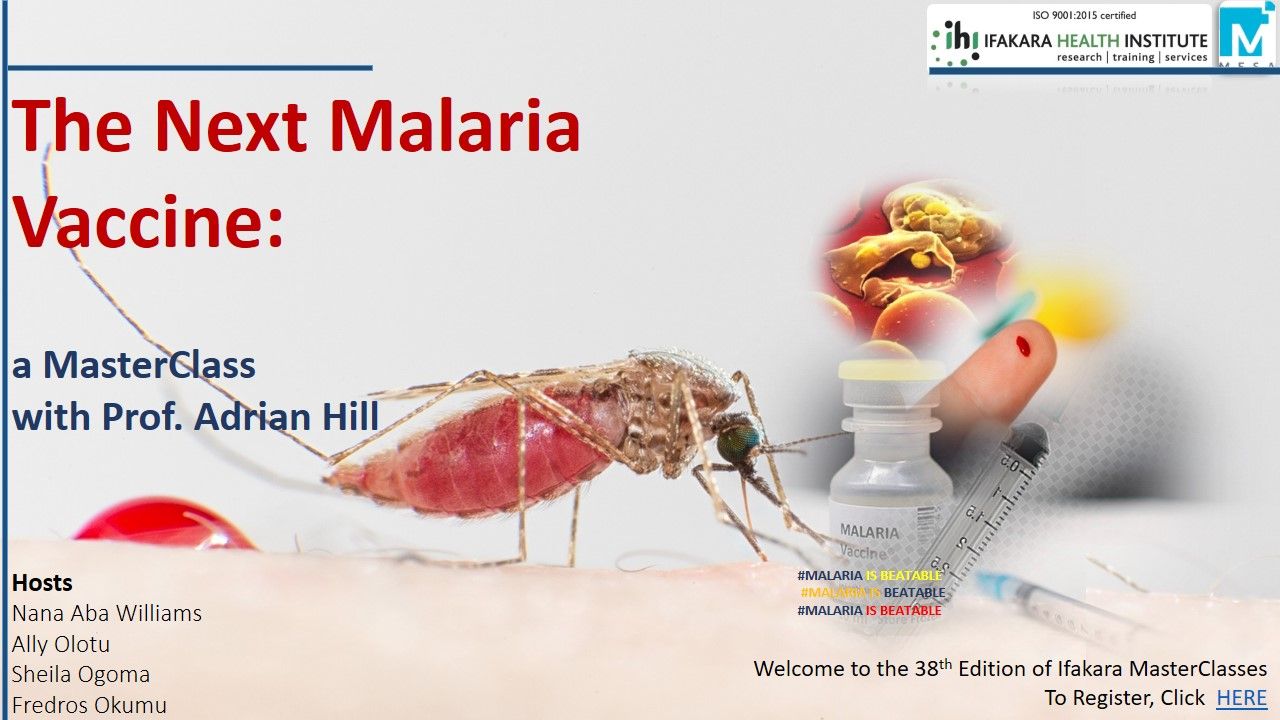Warning: Undefined array key "file" in /var/www/vhosts/gestortectic.com/mesa.gestortectic.com/wp-content/plugins/fulltext-search/includes/wpfts_querylog.php on line 520
Warning: Undefined array key "file" in /var/www/vhosts/gestortectic.com/mesa.gestortectic.com/wp-content/plugins/fulltext-search/includes/wpfts_querylog.php on line 520
Warning: Undefined array key "file" in /var/www/vhosts/gestortectic.com/mesa.gestortectic.com/wp-content/plugins/fulltext-search/includes/wpfts_querylog.php on line 520
Warning: Undefined array key "file" in /var/www/vhosts/gestortectic.com/mesa.gestortectic.com/wp-content/plugins/fulltext-search/includes/wpfts_querylog.php on line 520
Warning: Undefined array key "file" in /var/www/vhosts/gestortectic.com/mesa.gestortectic.com/wp-content/plugins/fulltext-search/includes/wpfts_querylog.php on line 520
Warning: Undefined array key "file" in /var/www/vhosts/gestortectic.com/mesa.gestortectic.com/wp-content/plugins/fulltext-search/includes/wpfts_querylog.php on line 520
Warning: Undefined array key "file" in /var/www/vhosts/gestortectic.com/mesa.gestortectic.com/wp-content/plugins/fulltext-search/includes/wpfts_querylog.php on line 520
Warning: Undefined array key "file" in /var/www/vhosts/gestortectic.com/mesa.gestortectic.com/wp-content/plugins/fulltext-search/includes/wpfts_querylog.php on line 520
Warning: Undefined array key "file" in /var/www/vhosts/gestortectic.com/mesa.gestortectic.com/wp-content/plugins/fulltext-search/includes/wpfts_querylog.php on line 520
Warning: Undefined array key "file" in /var/www/vhosts/gestortectic.com/mesa.gestortectic.com/wp-content/plugins/fulltext-search/includes/wpfts_querylog.php on line 520
Warning: Undefined array key "file" in /var/www/vhosts/gestortectic.com/mesa.gestortectic.com/wp-content/plugins/fulltext-search/includes/wpfts_querylog.php on line 520
Warning: Undefined array key "file" in /var/www/vhosts/gestortectic.com/mesa.gestortectic.com/wp-content/plugins/fulltext-search/includes/wpfts_querylog.php on line 520
Warning: Undefined array key "file" in /var/www/vhosts/gestortectic.com/mesa.gestortectic.com/wp-content/plugins/fulltext-search/includes/wpfts_querylog.php on line 520
Warning: Undefined array key "file" in /var/www/vhosts/gestortectic.com/mesa.gestortectic.com/wp-content/plugins/fulltext-search/includes/wpfts_querylog.php on line 520
Warning: Undefined array key "file" in /var/www/vhosts/gestortectic.com/mesa.gestortectic.com/wp-content/plugins/fulltext-search/includes/wpfts_querylog.php on line 520
Warning: Undefined array key "file" in /var/www/vhosts/gestortectic.com/mesa.gestortectic.com/wp-content/plugins/fulltext-search/includes/wpfts_querylog.php on line 520
Warning: Undefined array key "file" in /var/www/vhosts/gestortectic.com/mesa.gestortectic.com/wp-content/plugins/fulltext-search/includes/wpfts_querylog.php on line 520
Warning: Undefined array key "file" in /var/www/vhosts/gestortectic.com/mesa.gestortectic.com/wp-content/plugins/fulltext-search/includes/wpfts_querylog.php on line 520
Warning: Undefined array key "file" in /var/www/vhosts/gestortectic.com/mesa.gestortectic.com/wp-content/plugins/fulltext-search/includes/wpfts_querylog.php on line 520
Warning: Undefined array key "file" in /var/www/vhosts/gestortectic.com/mesa.gestortectic.com/wp-content/plugins/fulltext-search/includes/wpfts_querylog.php on line 520
Last Updated: 02/08/2024
Does serum lipoproteins reduce malaria risk? Development into a new malaria control tool
Objectives
*Original title and text were machine translated from Japanese.
In this application, Juntendo University’s Department of Tropical Medicine is continuing to conduct research on cohorts in northern Uganda, in vitro culture systems, and infection experiments using mouse malaria to find out how it impacts risk.
Malaria is one of the world’s three major infectious diseases. The applicant found that malaria-infected children have a high incidence of marked hypolipoproteinemia (low LDL and low HDL), and that lowering the lipoprotein concentration in culture experiments accelerated malaria proliferation. These results suggest that children with low serum lipoprotein levels may be more susceptible to malaria infection, but further support is needed through longitudinal epidemiological surveys and basic experiments in endemic areas.
Apr 2023 — Mar 2026
$34,916


